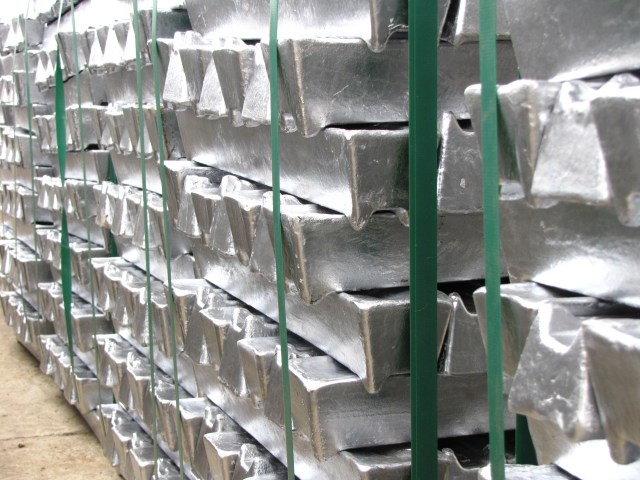Revolutionizing Hydrogen Generation: Harnessing the Power of Seawater, Aluminum, and Coffee Grounds
Key Ideas
- MIT team discovers a groundbreaking method of hydrogen generation using seawater, aluminum, and coffee grounds, potentially reducing fossil fuel consumption.
- The addition of coffee grounds significantly accelerates the hydrogen generation process, matching the rate of pure aluminum reactions in deionized water.
- Imidazole, a compound found in coffee, enhances gallium-indium recovery rates, making marine applications of hydrogen engines more feasible and safe.
- This innovative approach could make marine vehicles cleaner, more efficient, and eliminate safety concerns associated with traditional fuels.
A team at MIT led by Professor Douglas Hart has made a remarkable breakthrough in hydrogen generation by utilizing seawater, pure aluminum, and coffee grounds. By adding a mix of gallium and indium, the team achieved a high yield of hydrogen, with the ability to recover 90% of the rare materials used. The addition of coffee grounds, particularly the compound imidazole found in caffeine, accelerated the reaction rate to match that of pure aluminum in deionized water. This discovery could have a transformative impact on reducing fossil fuel consumption, as aluminum holds significantly more energy compared to traditional fuels like diesel and lithium-ion batteries. The method also addresses safety concerns in marine applications by eliminating the need to carry liquid or compressed hydrogen. The study, available in an open-access journal, provides detailed insights into this groundbreaking approach, offering a sustainable and efficient solution for the future of energy production.
Topics
Fuel Cells
Innovation
Sustainability
Environment
Research
Materials
Energy
Fuel Efficiency
Marine Applications
Latest News
